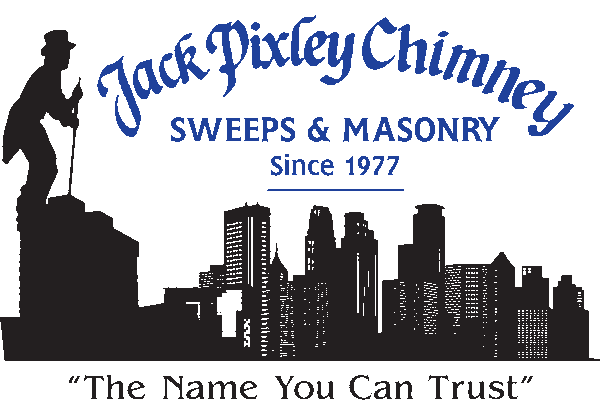Proper chimney care is something that’s often neglected by a lot of homeowners. What they don’t realize is the importance and benefits that a properly maintained chimney can bring to your home. In our many years of experience here at Jack Pixley Sweeps, we’ve been asked more times than we can count about the effects water can have on one’s chimney. So here’s a short guide that might be really helpful.
Water is your chimney’s enemy
According to the Chimney Safety Institute of America, water damage is the number one most common cause of majority of the reported chimney damages. Direct contact with water or even minor water penetration can increase the likeliness of damaging one or several of the materials in your chimney (i.e. metal, brick, stone, cast iron etc.).
The following are examples of the damage in your chimney and home’s interior and exterior structures caused by water penetration:
- Water stains in the ceiling and wall
- Rusting of the damper assemblies
- Decaying of the exterior mortar
- Cracked or damaged flue lining system
Water damage: Classified
There are three significant types of water damage that may occur in your home. Identifying which of the three is important in repairing and preventing the recurrence of the same damage.
Spalling – this type of water damage refers to the chipping, flaking or crumbling of your masonry chimney as a result of water penetration or contact. Your chimney would show flaking on the surface of the bricks and chimney crown. This is usually caused by the freeze/thaw cycle of water wherein the moisture present in the chimney area would freeze when there is a significant drop in temperature, and would begin to thaw again once temperature starts to go up.
Rust or Corrosion – this usually affects the metal parts and materials used for your chimney (such as the chimney flashing and cap). This is the first thing that chimney experts look for during an inspection because this is one of the most common water damage out there.
Mortar Joint Damage – this part of your chimney is highly susceptible to cracking. Because of this, it is also one of the common places to absorb moisture. Moisture content with the ideal environmental conditions can be a breeding ground for molds which would pose a health risk to you and your family.
What are you still waiting for? Now that you know the damages that water may cause, you should give Jack Pixley Sweeps a call and have your home and chimney checked before it’s too late.

